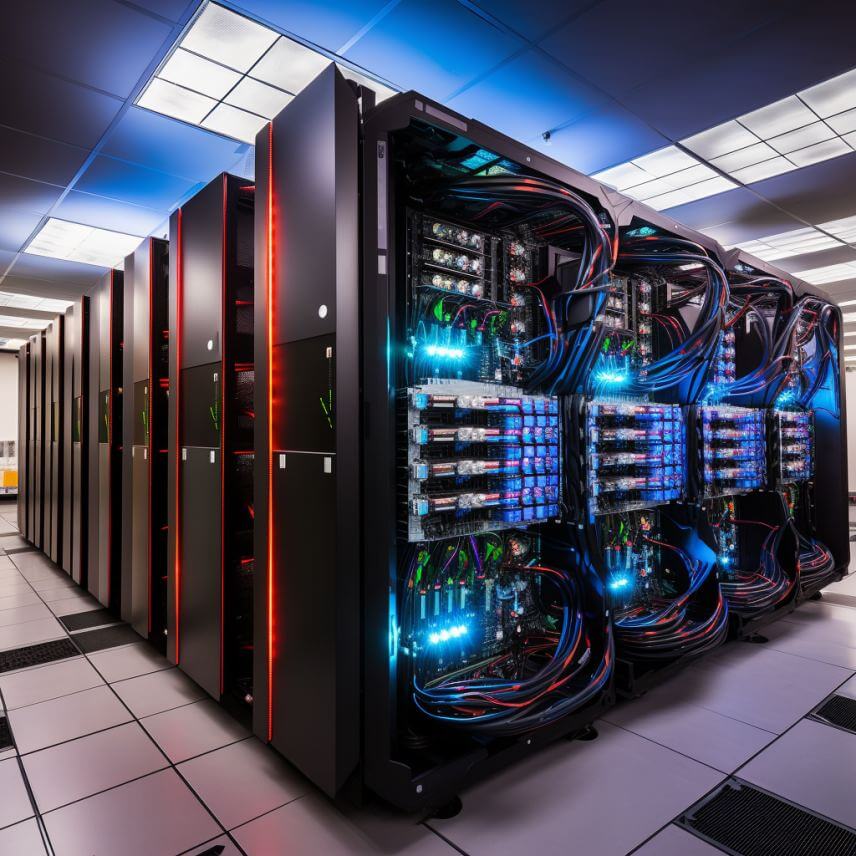Dario Amodei, the chief executive of Anthropic AI, one of the prominent players in the artificial intelligence industry, has expressed significant apprehensions about the potential consequences of advanced AI technology. In a recent interview, Amodei estimated that there is a substantial 10% to 25% probability that AI technology could lead to a catastrophic event with far-reaching consequences for human civilization. These concerns stem from both the possibility of AI systems malfunctioning and the potential for humans or organizations to misuse AI technology.
The risks and concerns
Amodei outlined the dual nature of the risks associated with advanced AI:
1. AI Tech Gone Wrong: The first category of risk pertains to the technology itself. AI systems are becoming increasingly complex, and a malfunction or misalignment in their functioning could lead to unforeseen and catastrophic outcomes.
2. Human Misuse: The second category of risk revolves around the potential for humans, organizations, or nation-states to misuse AI technology. This misuse could include deploying AI in ways that induce conflict or harm on a large scale.
Global worries about AI power
Amodei’s concerns come at a time when global anxieties regarding the power and implications of AI are mounting. The release of the latest version of ChatGPT, a product of OpenAI, demonstrated AI’s remarkable writing skills, approaching human levels in fields such as legal and technical writing but at much higher speeds.
The bright side and potential of AI
Despite the substantial risks, Amodei also emphasized the substantial potential for AI technology to bring about positive transformations if harnessed responsibly. He noted that if AI technology develops smoothly, there is a 75% to 90% chance of realizing its benefits fully. These benefits encompass ambitious goals such as curing diseases like cancer, extending human lifespans, and addressing mental health issues.
Amodei, however, did not provide specific details regarding how AI could achieve these ambitious goals, leaving room for speculation on the practical implementation of such aspirations.
AI in healthcare
While AI has shown promise in early diagnosis of hard-to-detect diseases, such as certain types of lung cancer, medical experts have cautioned against overly optimistic expectations. They have pointed out that AI’s capabilities may also lead to over-diagnosis, potentially complicating healthcare processes instead of streamlining them.
Calls for robust AI regulation
The concerns raised by Amodei echo sentiments from the broader AI community. Earlier this year, hundreds of AI industry leaders, including Sam Altman, the founder of OpenAI, signed an open letter advocating for stricter and more comprehensive regulations for AI technology. Their collective call highlights the need for proactive measures to mitigate the risks associated with AI’s evolution and ensure that its development is accompanied by careful oversight.
The open letter emphasized that advanced AI has the potential to usher in profound changes in the history of life on Earth. Accordingly, it called for thorough planning and vigilant management to prevent AI from posing an existential threat to humanity.
Dario Amodei’s candid assessment of the risks associated with advanced AI technology underscores the dual nature of AI’s potential impact on society. While AI holds the promise of revolutionary advancements, it also presents significant challenges that demand careful consideration and proactive regulation.
The recognition of a 10% to 25% risk of catastrophic outcomes serves as a sobering reminder of the importance of responsible AI development and governance. As AI technology continues to evolve, striking the right balance between harnessing its potential for good and mitigating potential harm remains a pressing concern for both the industry and society at large.





